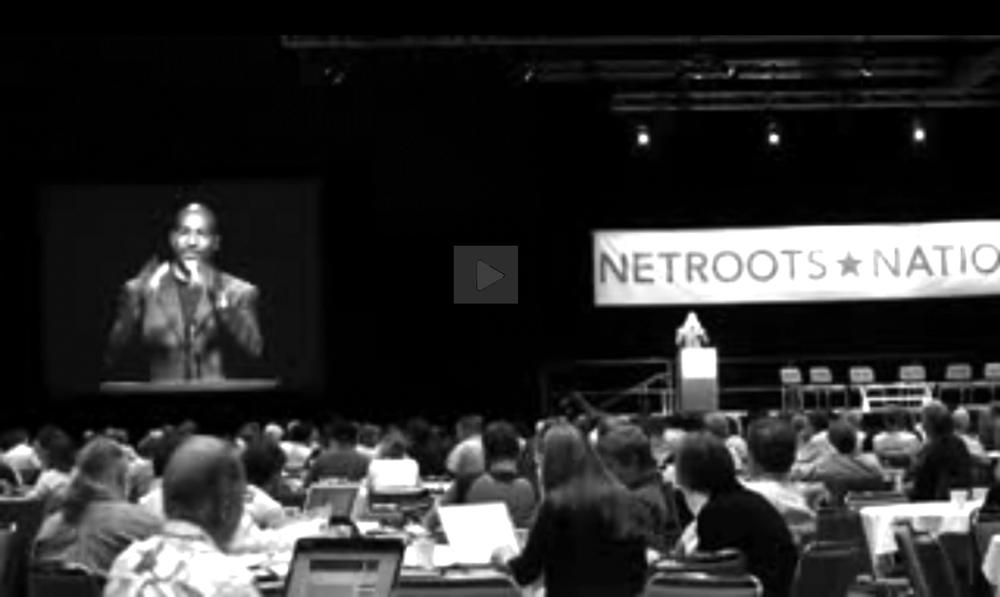Chapter 36. Government's Role in Protecting the Network's Integrity

There can be no friendship without confidence, and no confidence without integrity.
FEMA phones hacked; calls made to Mideast, Asia: Racked up about $12,000 in calls to the Middle East and Asia. This was an Associated Press headline on August 20, 2008. While I wouldn't personally choose to hack into the phone system of the Department of Homeland Security (DHS), someone did, and the takeaway is that it can be done. If banking, transportation, electric power distribution grids, and government networks themselves are disrupted or infiltrated, the new, networked world and all the relationships it enables are in jeopardy. It means problems aren't just localized—they can now have ripple effects across the country and even the world, reminding us that an insecure network is not sustainable. For the network to be the effective underlying communications infrastructure of this Digital Information Age, it needs to be reliable and secure, which means threats to it must be thwarted and risks mitigated to protect its integrity.
This is why security is on the top of the list for most governments. Outages, compromises, or attacks to the network can be deadly. Network interruptions can adversely affect economic growth (currency goes down, for example) and the overall security of the nation's sensitive information and ...
Get The Sustainable Network now with the O’Reilly learning platform.
O’Reilly members experience books, live events, courses curated by job role, and more from O’Reilly and nearly 200 top publishers.

